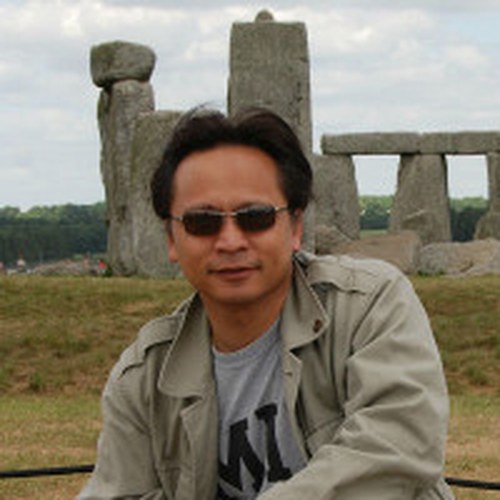Contatto di riferimento: Prof. Andrea Giorgetti
About the speaker
Moe Win is a Professor at the Massachusetts Institute of Technology (MIT). Prior to joining MIT, he was with AT&T Research Laboratories for five years and with the Jet Propulsion Laboratory for seven years. His research encompasses fundamental theories, algorithm design, and network experimentation for a broad range of real-world problems. His current research topics include network localization and navigation, network interference exploitation, intrinsic wireless network secrecy, adaptive diversity techniques, and ultra-wideband systems.
Professor Win is a Fellow of the AAAS, the IEEE, and the IET, and served as an IEEE Distinguished Lecturer. He was an elected Member-at-Large on the IEEE Communications Society Board of Governors (2011-2013). He was the Chair (2004-2006) and Secretary (2002-2004) for the Radio Communications Committee of the IEEE Communications Society. He was honored with two IEEE Technical Field Awards: the IEEE Kiyo Tomiyasu Award and the IEEE Eric E. Sumner Award (jointly with Professor R. A. Scholtz). He received the International Prize for Communications Cristoforo Colombo, the Copernicus Fellowship, the Royal Academy of Engineering Distinguished Visiting Fellowship, Institute of Advanced Study Fellowship, the Fulbright Fellowship, the Laurea Honoris Causa from the University of Ferrara, and the U.S. Presidential Early Career Award for Scientists and Engineers.
Abstract
The availability of positional information is of extreme importance in numerous wireless applications. The coming years will see the emergence of location-aware networks with sub-meter localization accuracy, minimal infrastructure, and high robustness in harsh (GPS challenged) environments. To reach this goal we advocate network localization and navigation, a new paradigm that exploits a combination of wideband transmission and spatiotemporal cooperation. Our work has addressed this problem from three perspectives: theoretical framework, cooperative algorithms, and network experimentation. This talk will provide an overview of our recent research results in this exciting field.
